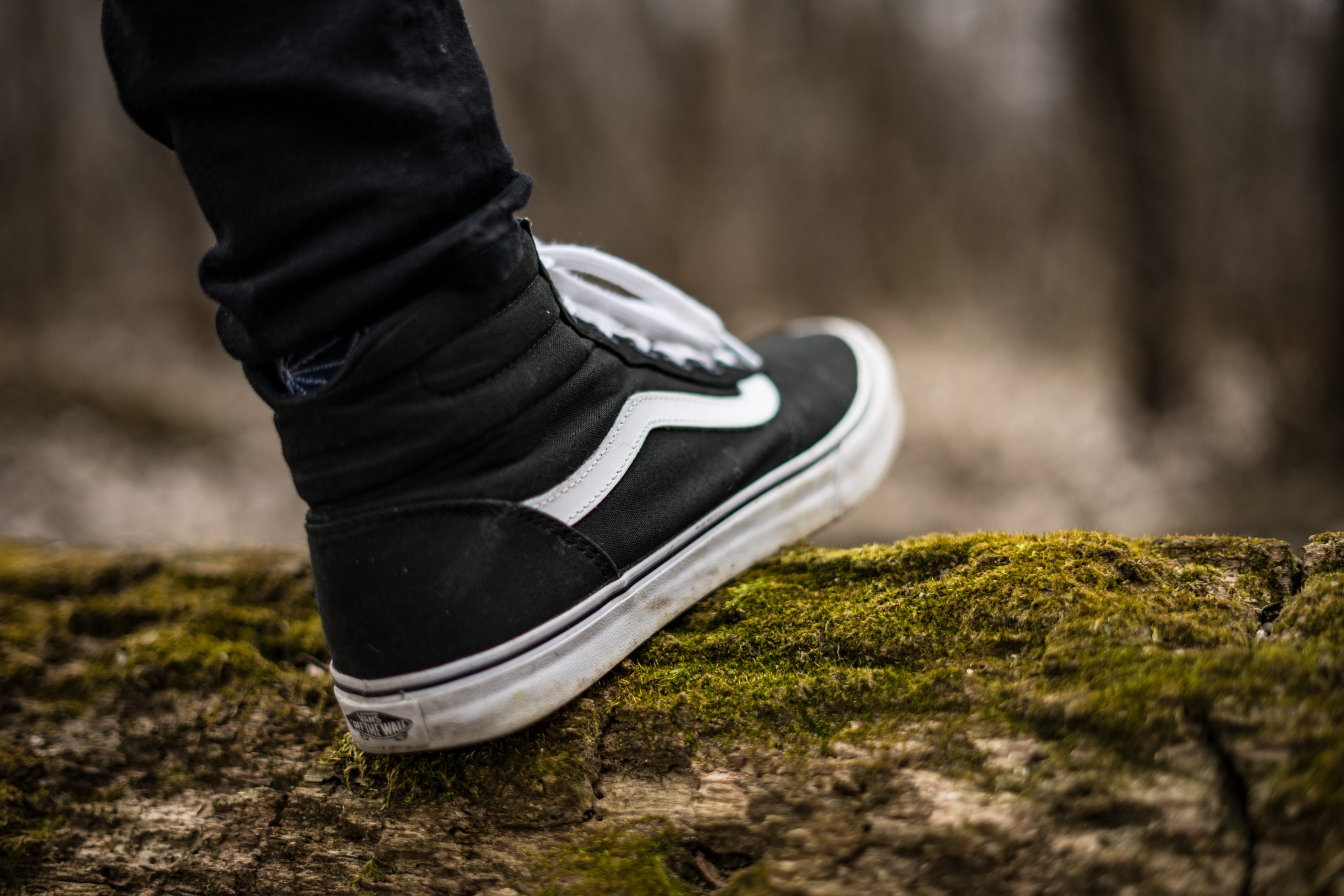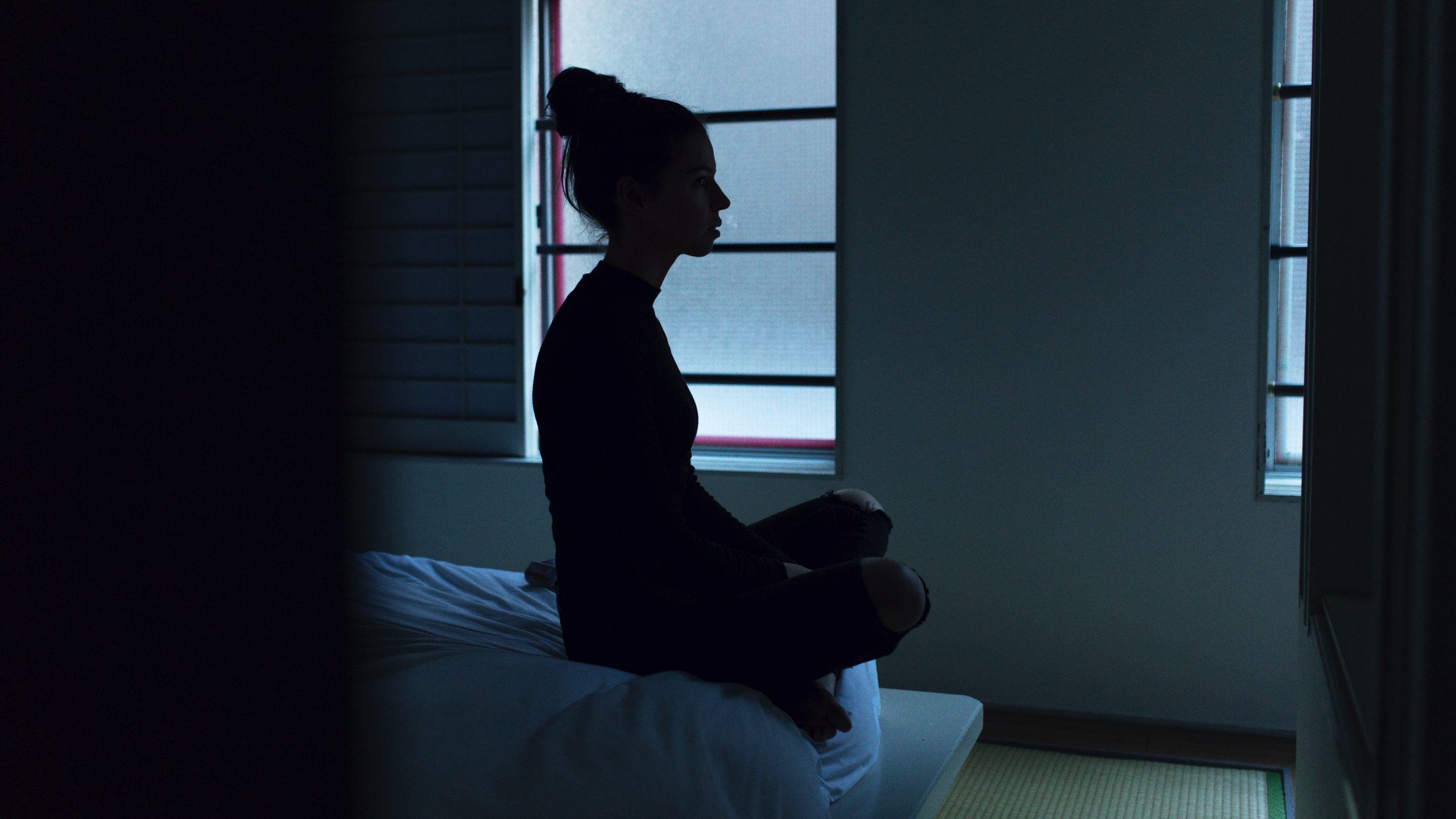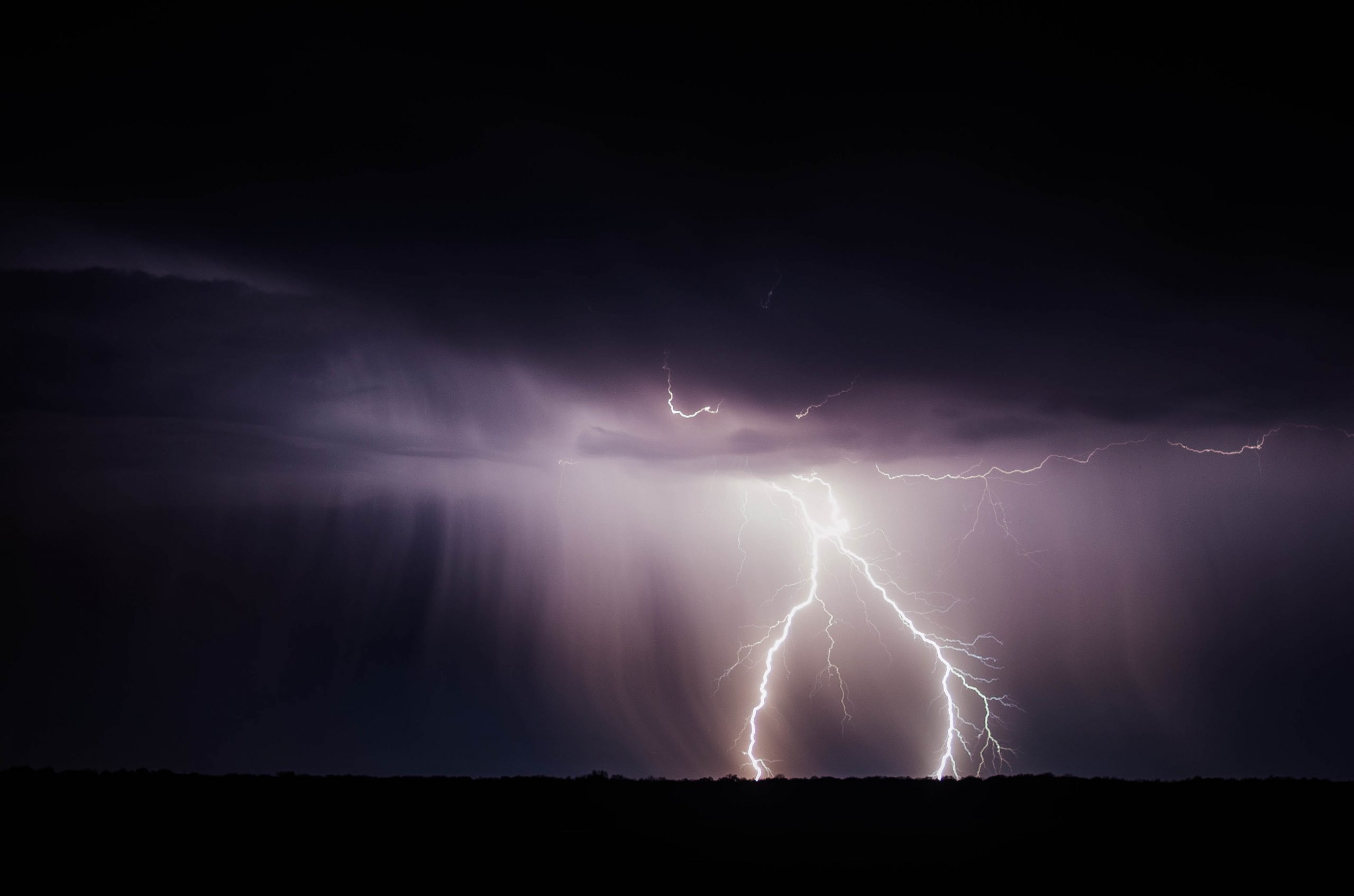When people don’t appreciate me it pisses me off. I know this is a natural human reaction, but I probably…

Fighting For People You Love
I am someone who fights against injustices. When I see something that I feel isn’t right, I will fight against…
Labels Are For Cereal Boxes
What does it mean to have a mental illness? Maybe nothing. It’s like asking “what does it mean to have…

I don’t know what to do for you and I feel bad
There are times that I want to help someone, but I feel like I’ve exhausted all the emotional resources I…

How it feels to come out of depression
Coming out of a depressed episode feels amazing and exhilarating. Think about when you have a bad cold or even…
Tags: Depression
I Don’t Want to Go to CODA Because I’ll Make Friends
Having an issue with codependency sucks. It’s hard to break that pattern when you are used to that dynamic. There…

Misinterpreted Anger
People misinterpret anger often because it is an intense emotion that can sometimes feel scary. Anger can be a productive…

I’m So Glad I Talk About Being Crazy Online
I am so glad that I talk about being crazy online. I’m relieved that I don’t just have that dialogue…

Don’t Text Angry
We’ve heard the expression “don’t drunk text.” But have you ever heard anyone say “don’t text angry?” It’s the truth.…

There Should Be An Empathy Class in Schools
I was talking to my friend Jess, and she is a sensitive person like me. Unfortunately, there is a lack…